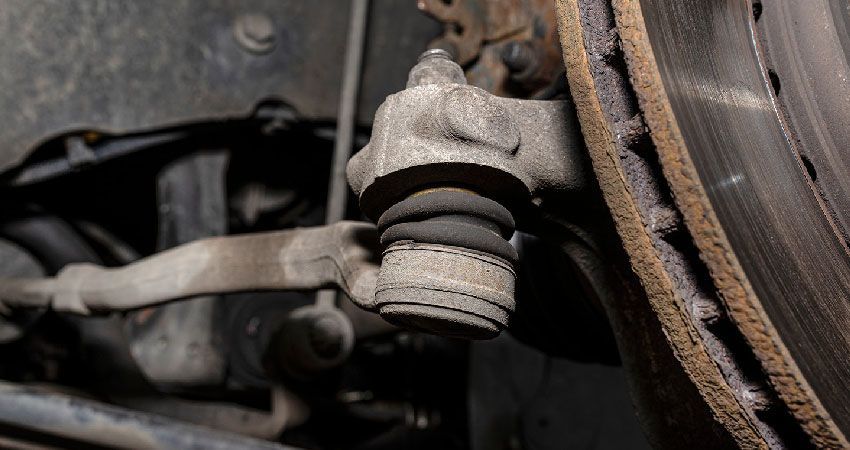
What function does an oil change serve?
Without oil a vehicle’s engine would never function. Oil circulates throughout the engine and is responsible for lubricating all of the moving parts. In a vehicle’s engine there are many moving parts that operate together. Without oil, these moving parts would rub against each other, create extreme levels of friction, and tear each other apart. Without oil, these parts would wear excessively, and the engine would ultimately fail. With the extreme levels of friction created by the engine’s moving parts, some microscopic wear particles eventually fall from the engine’s parts. These tiny particles can do much damage to the engine. Engine oil absorbs these wear particles and transfers them out of the engine and into the oil filter. Oil serves another function; it minimizes the engine’s exposure to oxygen, therefore limiting oxidation (rust) and corrosion. Oil also serves as an engine coolant. The engine’s moving parts create much heat energy, and oil is responsible for absorbing some of that heat. An oil change replaces the engine’s old, dirty oil with new oil that will help the engine operate at a more satisfactory, safer level.
Why do you need an oil change?
Engine oil is responsible for keeping the engine running smoothly. Regular changing of your vehicle’s oil will allow your engine to last much longer. Engine oil reduces the friction among all of the engine’s moving parts. As oil gets old, it doesn’t lubricate the engine’s parts as well and can lead to increased wear and damage. Fresh oil also absorbs and disperses heat much better than old oil does. Oil is also responsible for removing the harmful microscopic wear particles and transferring them to the oil filter. These particles have a tendency to accumulate in old engine oil and won’t allow the oil to absorb any more debris. Dirt and debris will continue to accumulate and can cause more wear to the engine. Dirty oil also moves much slower and makes the engine work much harder to circulate the oil. Eventually, the old oil will stop lubricating the engine and can lead to significant engine damage and possible engine failure.
When do I need an oil change?
Generally, you should change your vehicle’s oil every 3,000 miles or every 3 months. However, some newer vehicles require oil changes every 5,000 miles. In order to keep your engine running smoothly, you should consult your vehicle’s manufacturer recommendations on oil changes.







